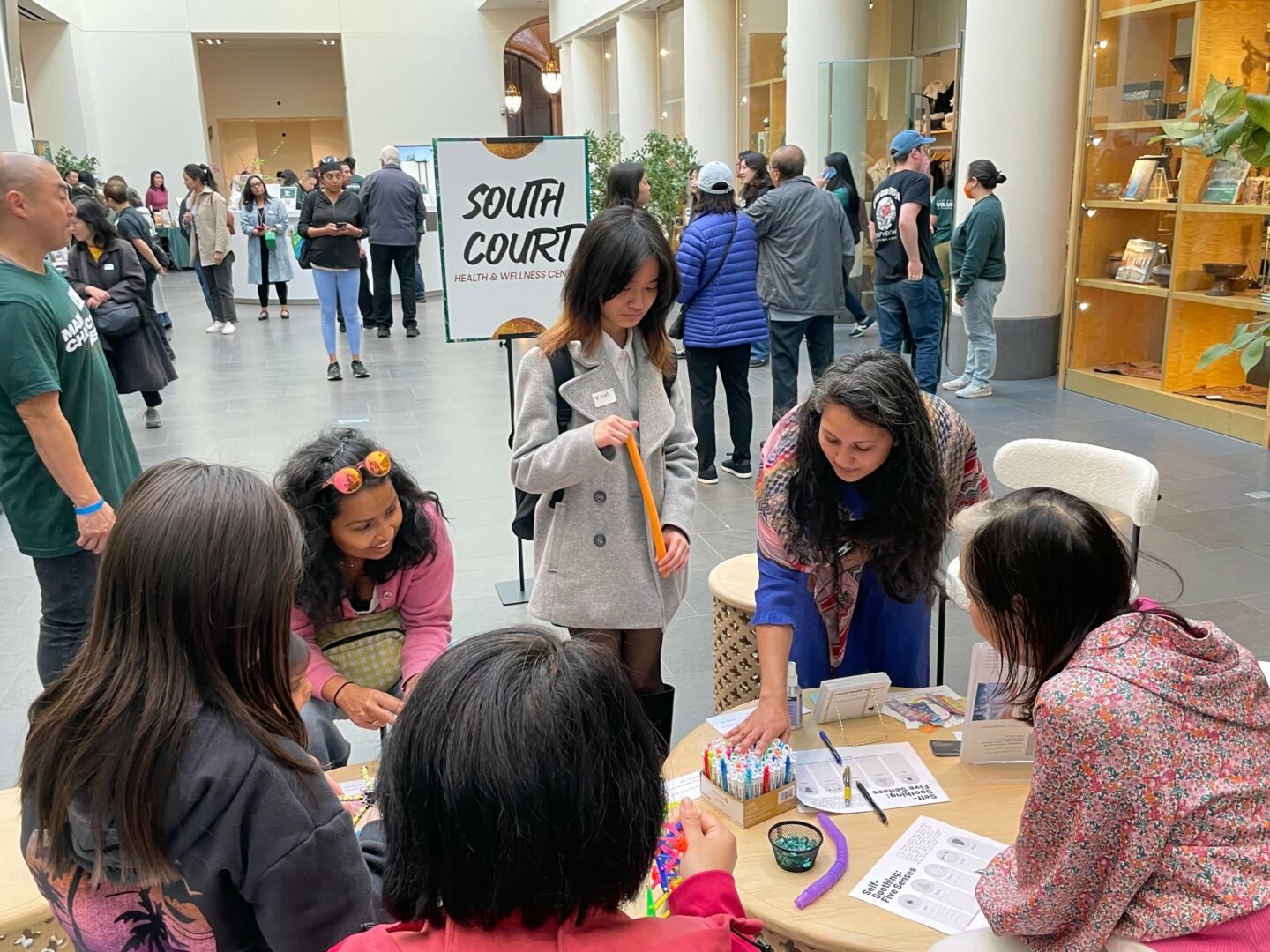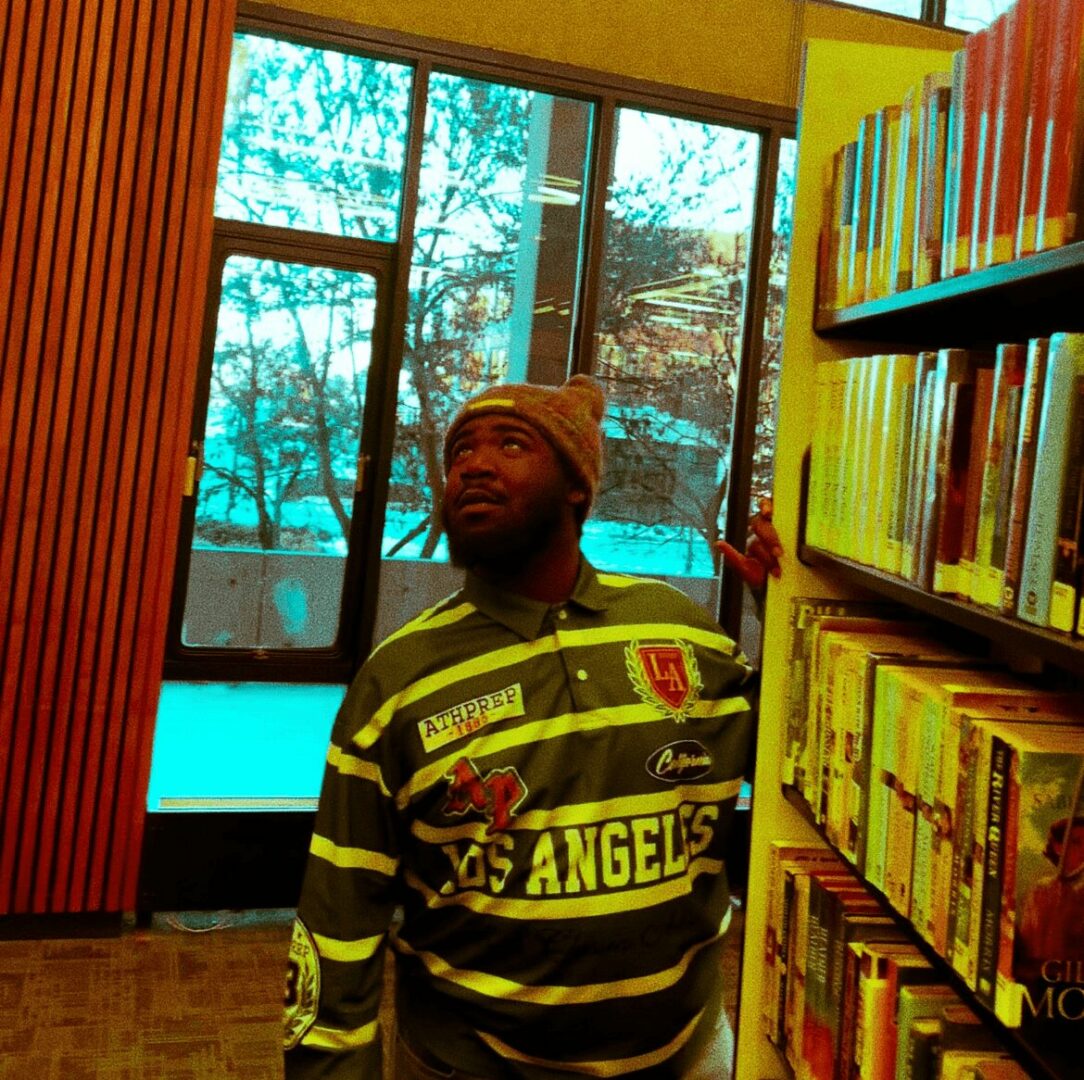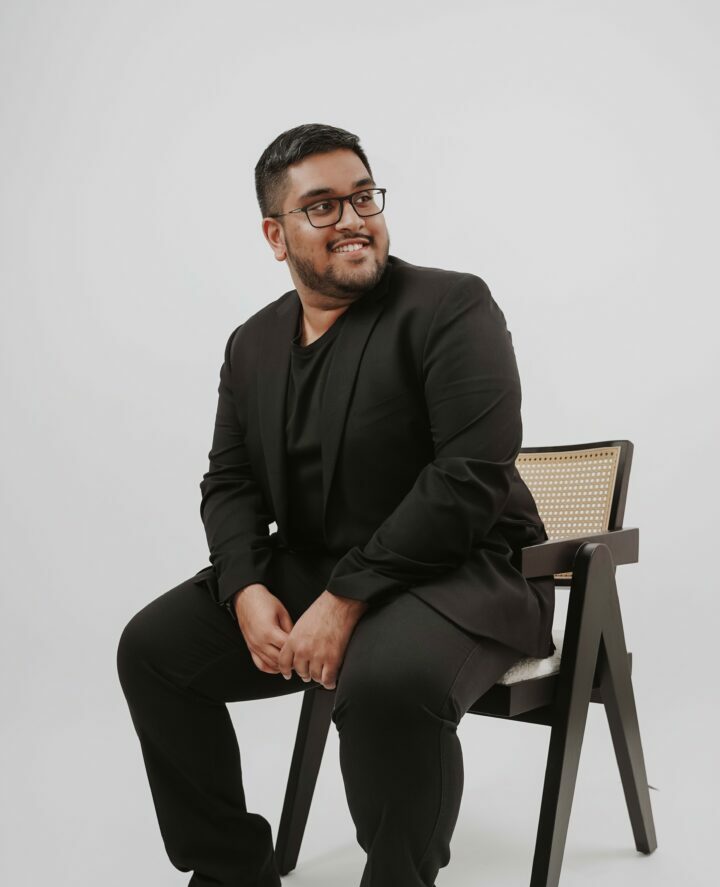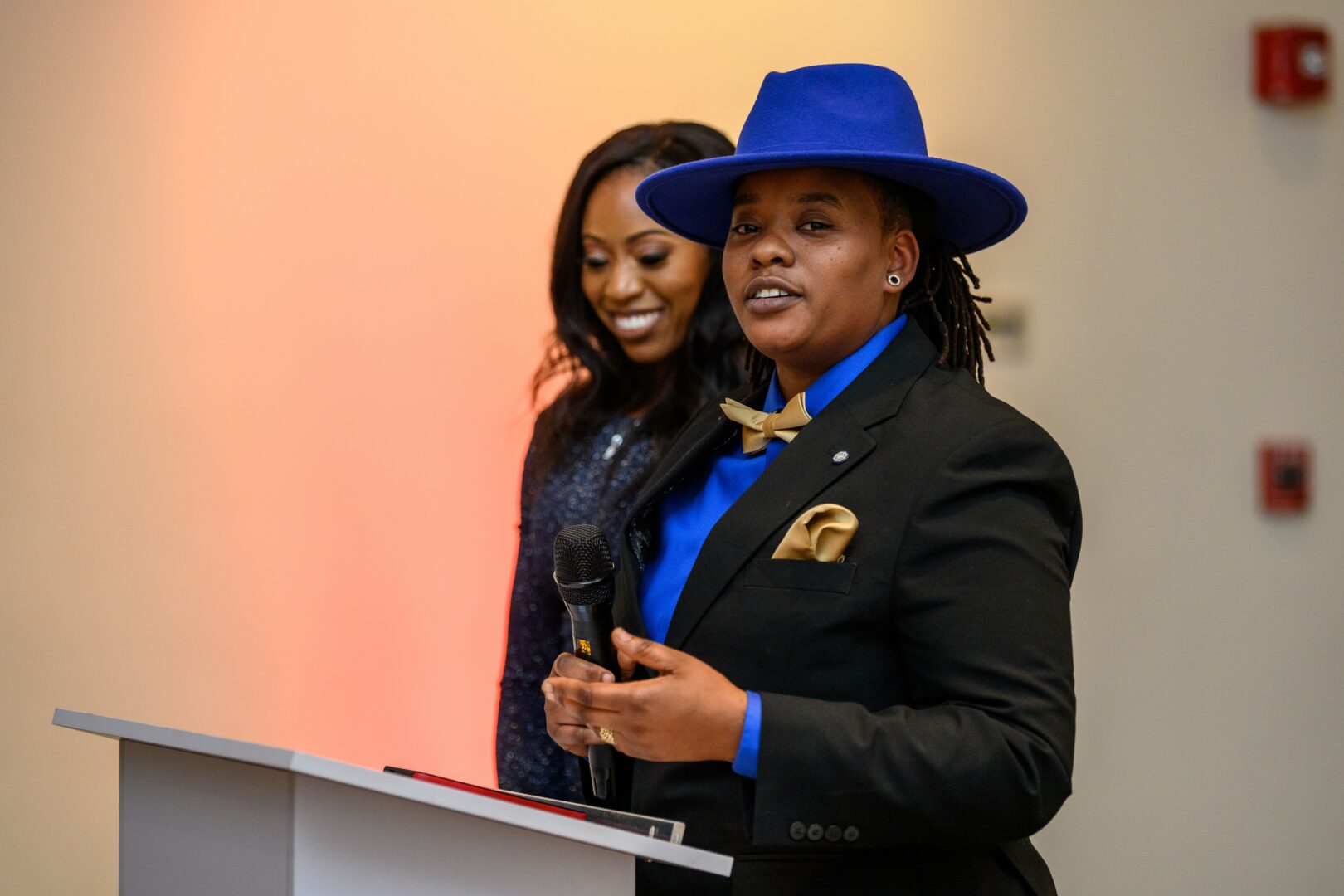Sheela Ivlev shared their story and experiences with us recently and you can find our conversation below.
Hi Sheela , thank you so much for taking time out of your busy day to share your story, experiences and insights with our readers. Let’s jump right in with an interesting one: Are you walking a path—or wandering?
I’ve always felt a strong sense of purpose. Even as a child, I knew I wanted to help people and that I didn’t want to create more “stuff” in the world—I wanted to focus on service, impact, and keeping my footprint light. I haven’t always known exactly how, but I’ve always been clear on my why. That clarity has carried me through many chapters—shaping systems in corporate settings, supporting individuals as an occupational therapist, building grassroots health equity initiatives, advising leaders through international consulting, and now scaling impact through a tech startup designed to make care accessible.
Can you briefly introduce yourself and share what makes you or your brand unique?
I’ve always been drawn to closing gaps in care and bringing support where it feels out of reach. Early in my career, working in hospitals and clinics, I saw how many people slipped through the cracks—especially around mental health and caregiver support. That led me to open my own practice, launch global health equity projects, and eventually consult with companies on how to better support employee well-being.
I bring a mix of perspectives: clinical training as an occupational therapist, lived experience as a neurodivergent third-culture kid and caregiver, and training in integrative approaches like Ayurveda. Every chapter of my journey has been about finding better ways to bridge the gaps I kept witnessing and experiencing. Today, that work has brought me to building technology that delivers the kind of personalized, body-based tools I’ve been offering one-on-one—this time at a scale that can reach the families and communities who need it most.
Appreciate your sharing that. Let’s talk about your life, growing up and some of topics and learnings around that. Who taught you the most about work?
I learned the most about work from my parents. They were entrepreneurs, and they worked so hard that I never imagined I’d follow that path. My dad was a pioneer, bringing incense and other traditional items to the U.S. and helping popularize them. As an immigrant, he also employed many others starting over, supporting their transition and helping them build new lives here.
From them, I learned that work is more than a paycheck—it’s about community, meaning, and impact. They taught me to be scrappy, to figure things out without the right resources or support system, and to keep going when things get tough. My dad came here alone and still managed to build a community—that shaped my understanding of what meaningful work really is.
When did you last change your mind about something important?
I grew up watching my parents work incredibly hard as entrepreneurs, and I was adamant I’d never follow that path. My dad worked so much and traveled so often that as a child I would ask my mom if he would even recognize me when he came home. My mom carried the stress of holding everything together, and I decided early on that entrepreneurship was not for me.
For years, I thought I could create change from within existing systems—corporate roles, nonprofits, and hospitals—but I kept running into the same frustrations. People weren’t getting the care they deserved, systems prioritized profit, and leaders were content to maintain the status quo. Eventually, I realized the only way to create the impact I wanted was to build it myself. Now, I couldn’t imagine working for anyone else.
Alright, so if you are open to it, let’s explore some philosophical questions that touch on your values and worldview. What’s a belief you used to hold tightly but now think was naive or wrong?
I grew up believing “do what you love and the money will follow.” I held onto that for a long time, but eventually realized how naïve it was. In my early jobs, I never negotiated for fair pay or raises because I thought my hard work and dedication would speak for themselves. Instead, I ended up with more responsibilities while being paid less than people who were bold enough to ask—even if they weren’t making the same impact.
Starting my own business forced me to confront that belief. I had to unlearn the idea that loving my work was enough and remind myself that I deserve to be paid for the value I bring. It was uncomfortable at first, but learning to advocate for my worth has been one of the most important shifts I’ve made.
Okay, so before we go, let’s tackle one more area. If you knew you had 10 years left, what would you stop doing immediately?
If I knew I only had 10 years left, I’d stop worrying about respectability politics—about pleasing others, offending the wrong people, or being taken the “right” way. I’ve always spoken my mind, shown up the same in public and private, and stood up for what I believe in—whether that’s protesting, speaking out to government, or demanding accountability. That conviction has shaped not only my advocacy work but also my clinical practice and collaborations; I don’t separate who I am from the work I do.
A couple of years ago, I made the decision not to stay quiet about the genocide in Gaza, even though I knew it could risk my career, livelihood, and finances. What it really clarified was the kind of work and partnerships I want—people choose to work with me because of my stance, not in spite of it. If I only had 10 years left, I’d lean even harder into that truth and take greater risks to do what’s right—without hesitation.
Contact Info:
- Website: https://www.wellwrxconsulting.com
- Instagram: https://www.instagram.com/otbayarea/
- Linkedin: https://www.linkedin.com/in/sheelaivlev/
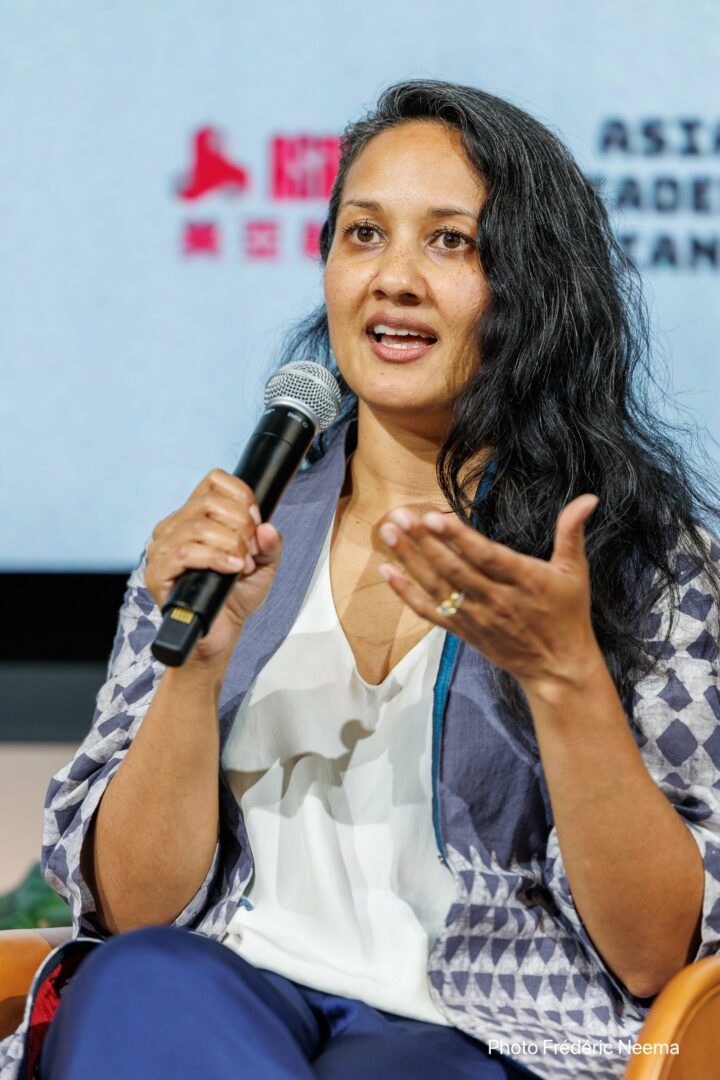
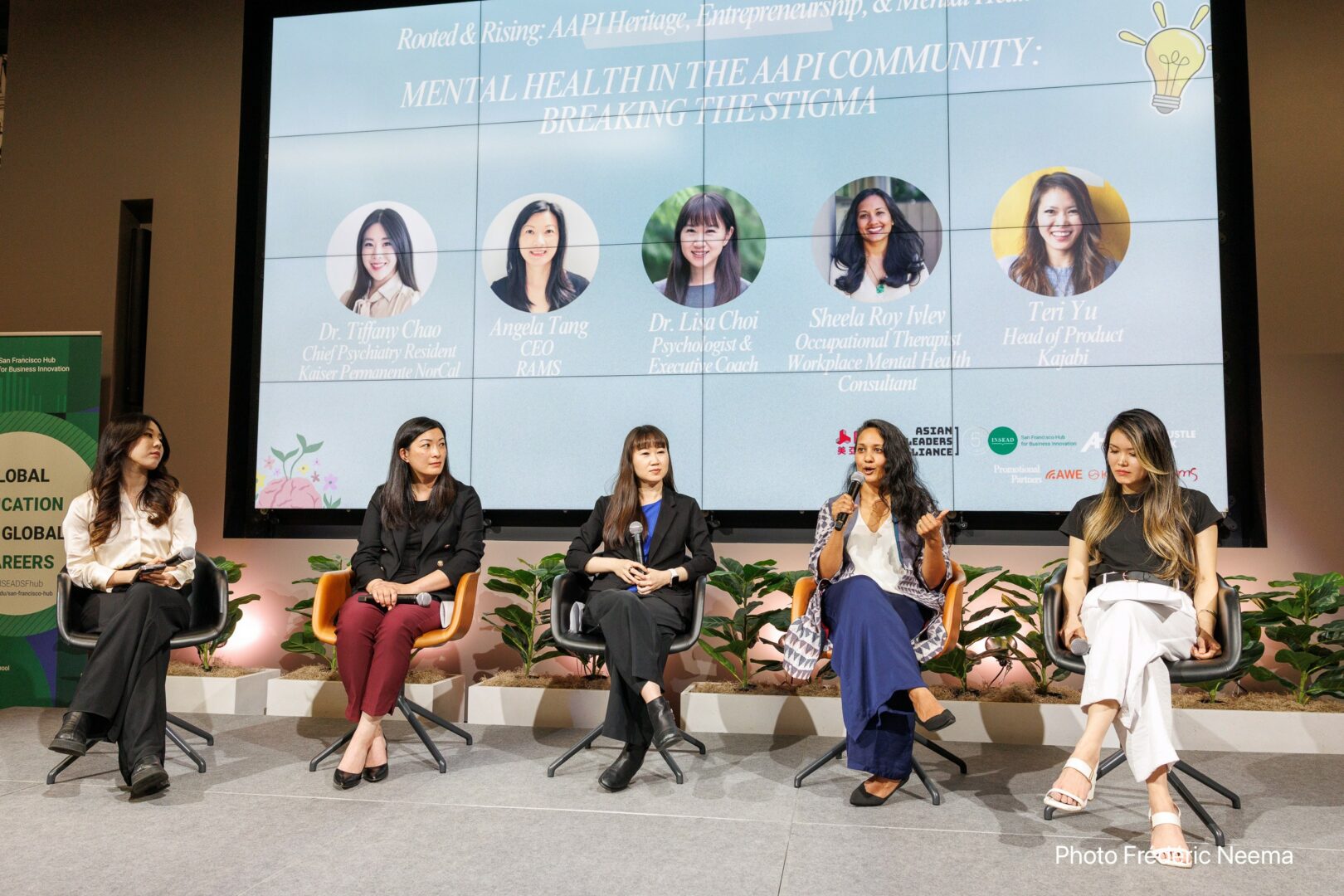
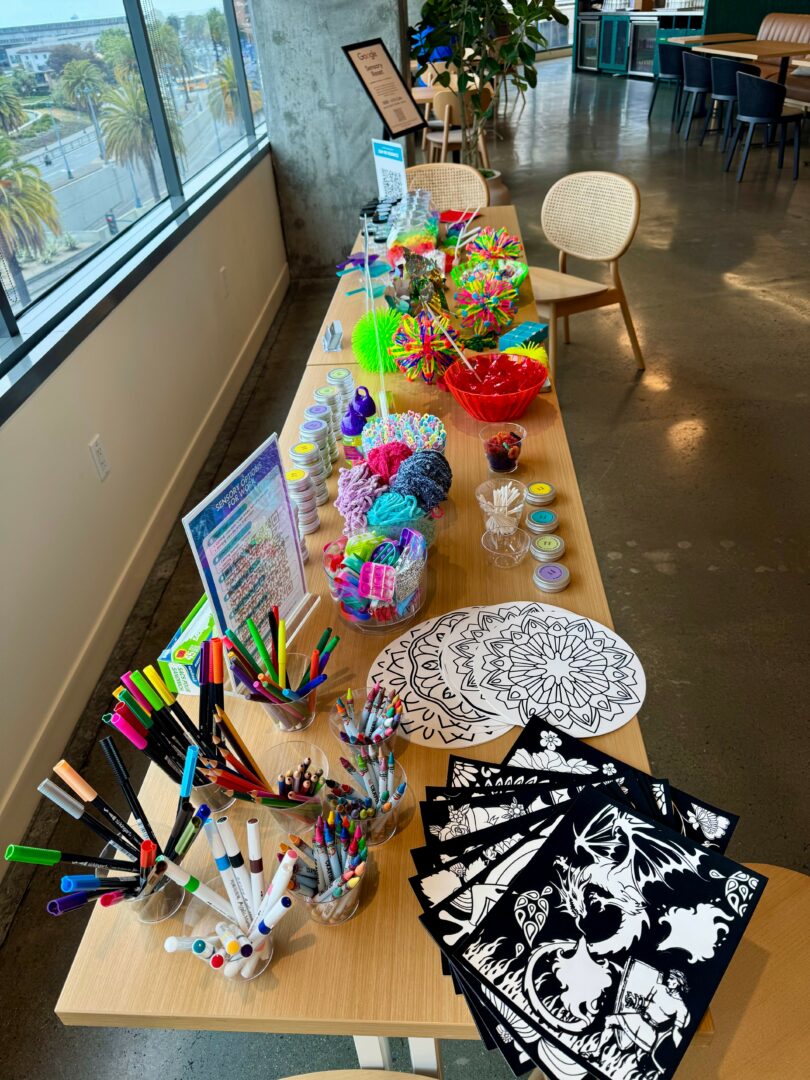
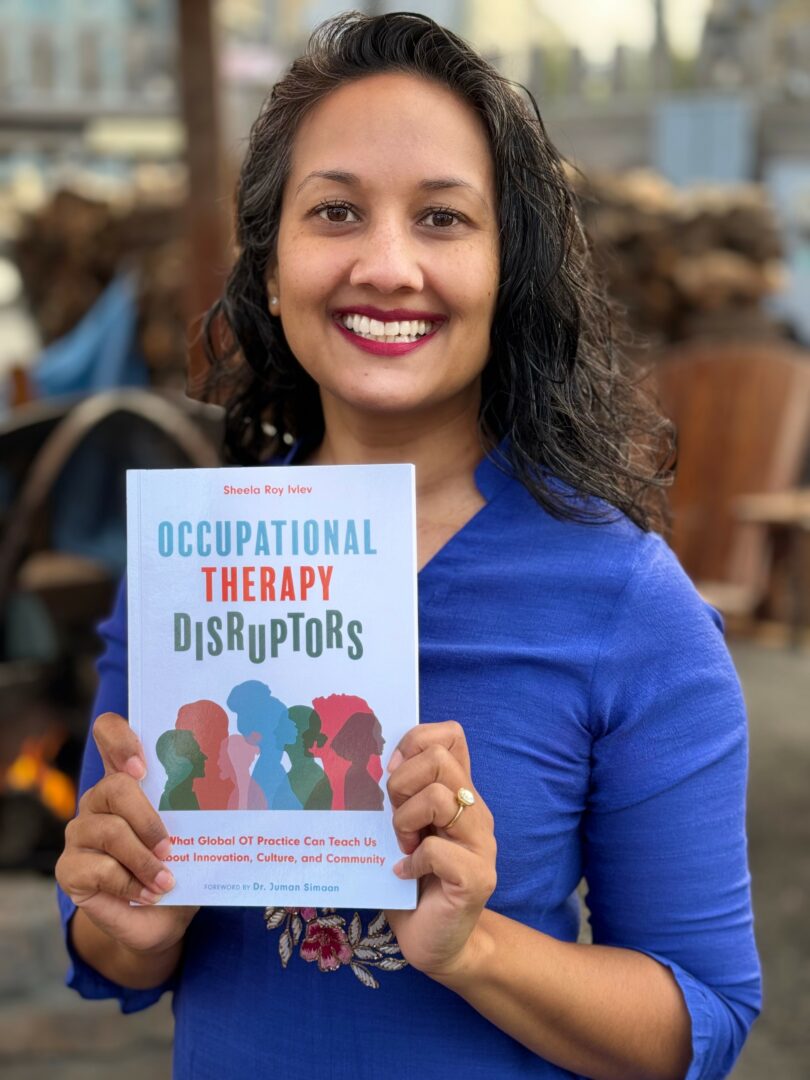
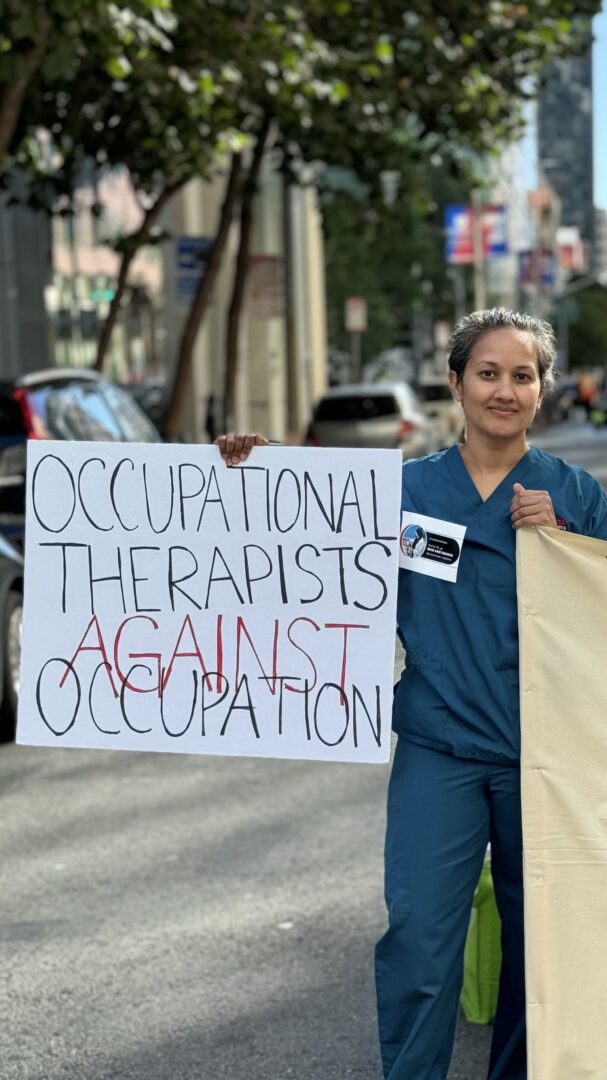
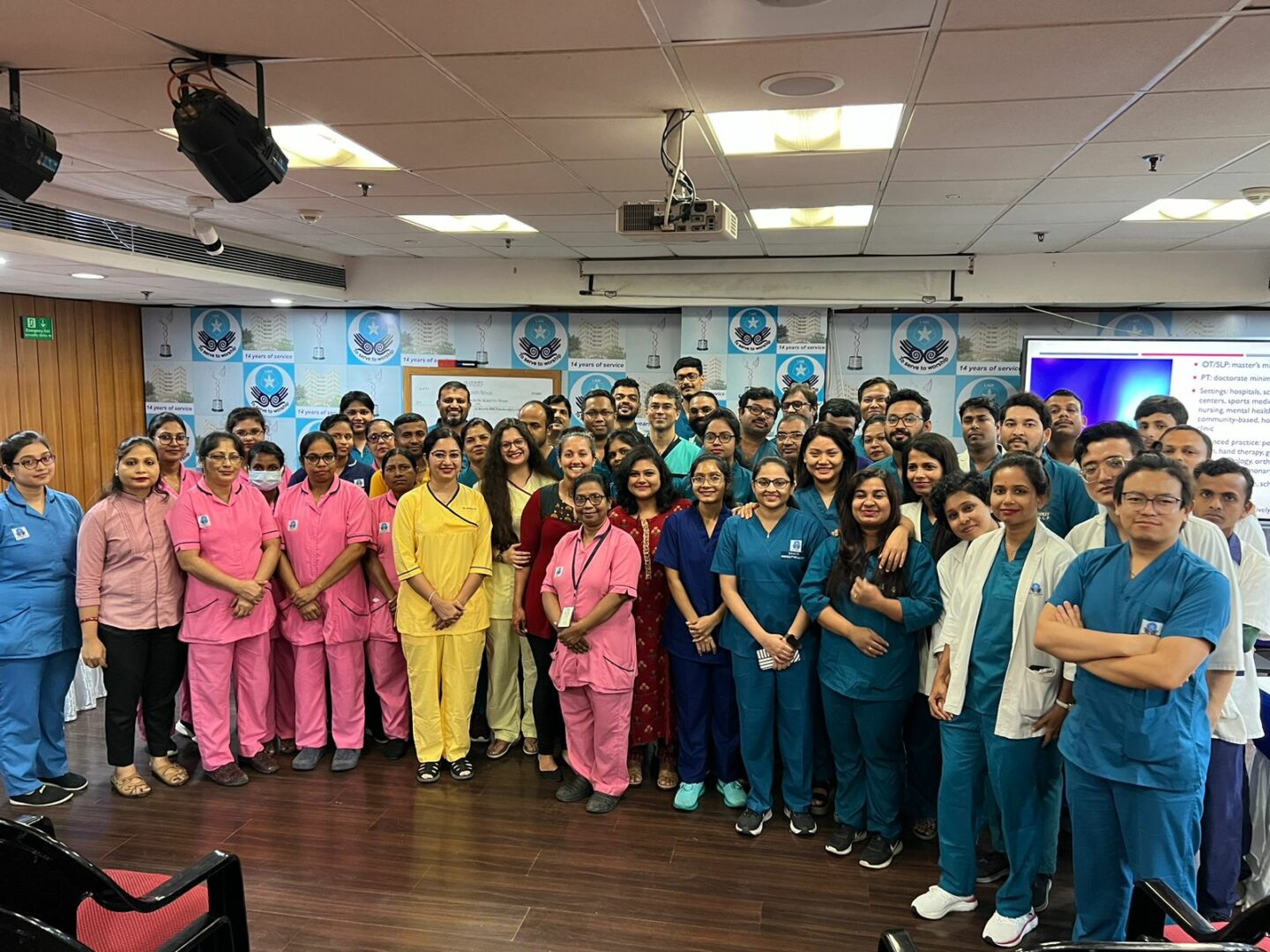
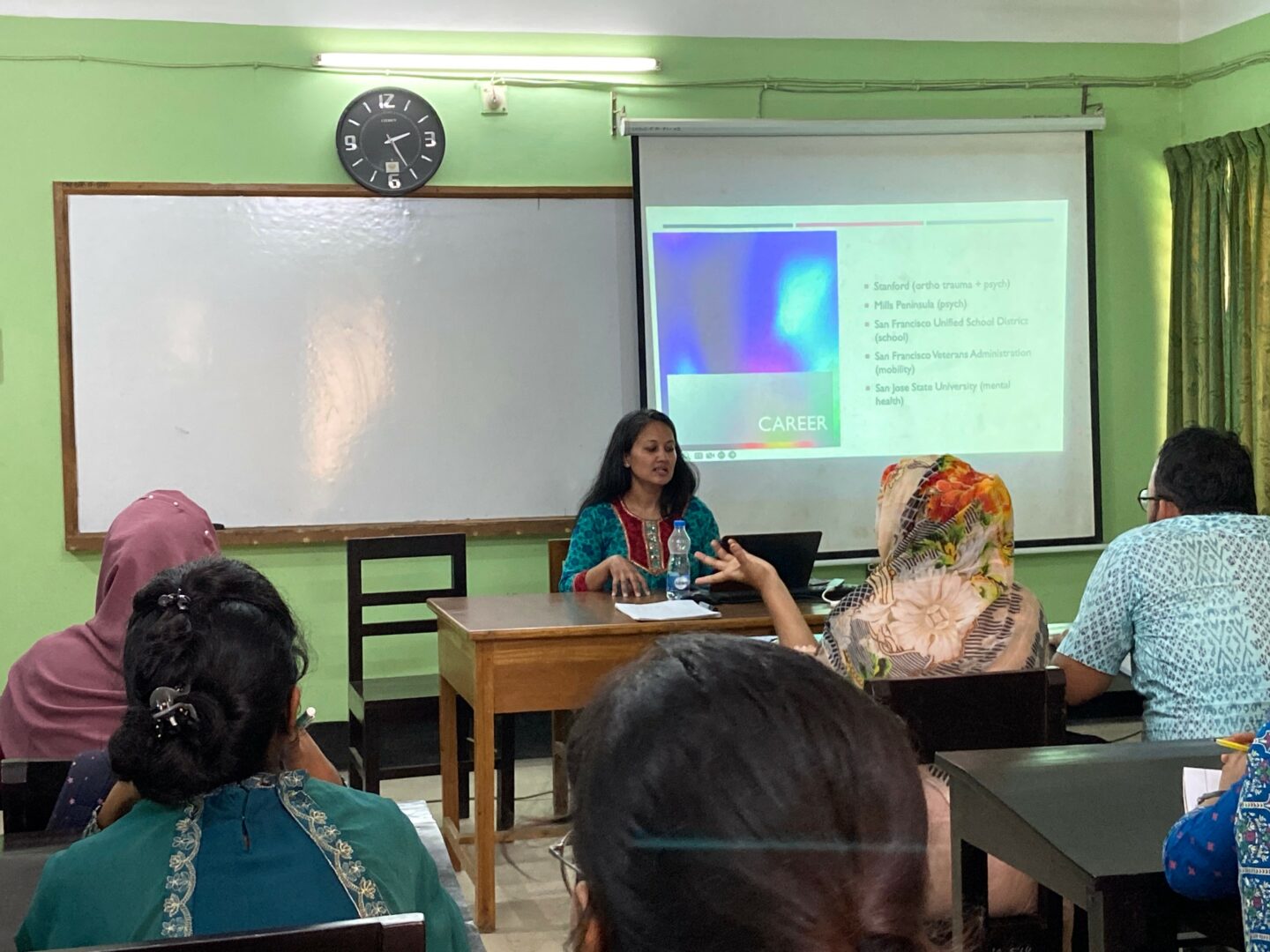
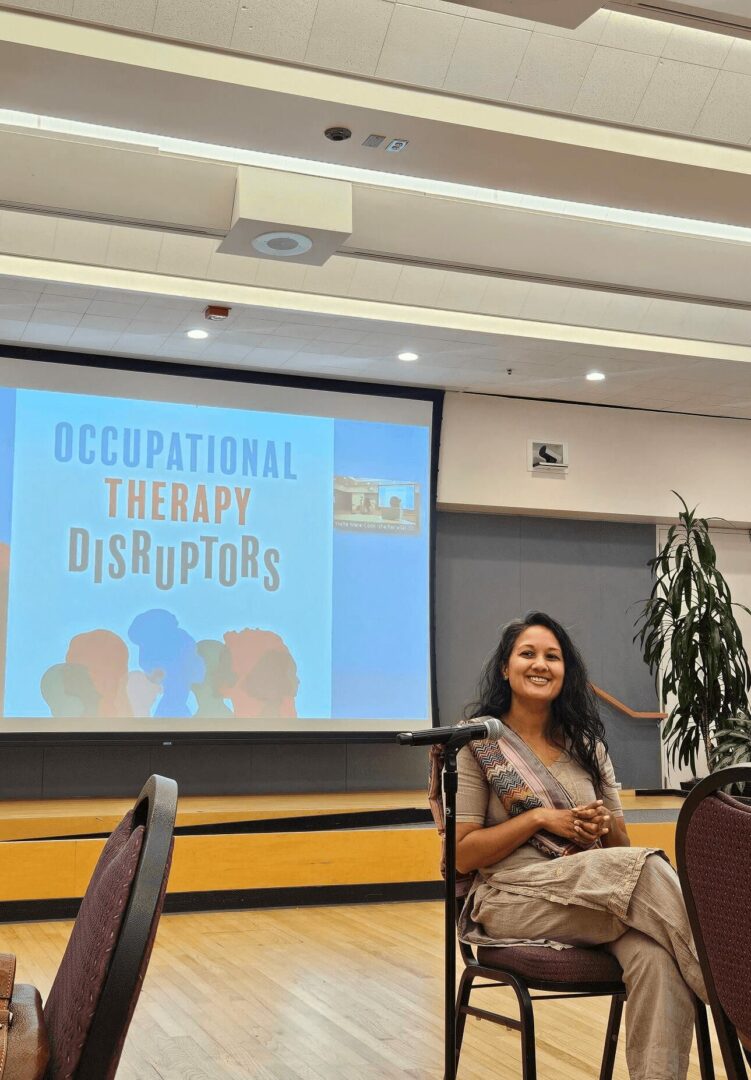
so if you or someone you know deserves recognition please let us know here.

